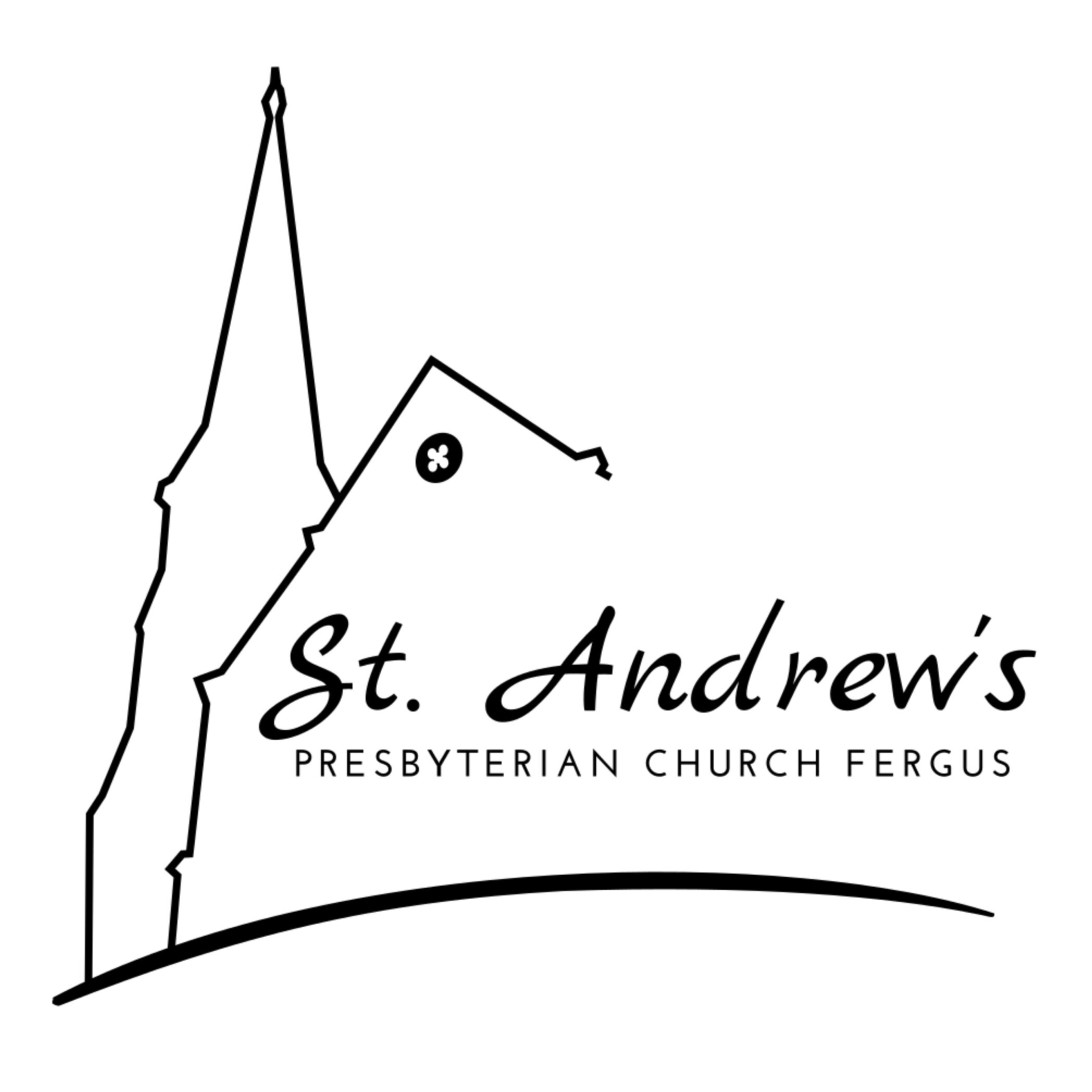The Declaration of Faith concerning Church and Nation
A Brief Commentary on
The Declaration of Faith concerning Church and Nation
A Theological Statement of The Presbyterian Church in Canada
Section 9: The Christian’s Civil Duty
Christians must always do their utmost to honour the civil laws, and to fulfil all statutory obligations whether financial or personal, as unto Christ the Head. Nevertheless, no citizen is thereby relieved of their constant responsibility to work for the remedy of any unjust statute, or iniquitous assessment, or violation of conscience.
Commentary:
The last section explored what the Church as institution was called to do in service to the State. This section looks at the duty individual Christians bear towards the State. In distinguishing the duties of Church and individual, the Declaration recognizes that the Church does not manage the political lives of its members. Further the collective of the Church bears responsibilities the individual alone does not carry. Individual Christians, given their unique circumstances, will make different political decisions, but those decisions are to be shaped by the pattern described in these two sentences.
Two duties are in constant struggle in the heart of the Christian as they live as part of the State. The language used in this section shows the on-going nature of that struggle. Sentence 1 says “must always” – a continual process that never ends – of honouring the law of the land. Sentence 2 says “constant responsibility” – also a continual process with no ending – of calling the State to remedy laws that are “unjust”, “iniquitous”, or are “violations.”
An old phrase from British Parliamentary life – “The Loyal Opposition” – describes one way to understand the role the Christian is to have in the face of the State. Christians obey the law, as they would obey Jesus Christ. They pay their taxes – they do not cheat on their taxes; they do not avoid paying taxes. They fulfil whatever duty the state imposes on them. They are good, obedient citizens. Within the limits established in Section 6, the call of “disowning any government or organ of power which usurps the sovereignty of Jesus Christ.”
Individual Christians are to be among the first to challenge unjust laws. They stand with those who by discrimination or punitive policy are unfairly burdened by taxes or by government regulation. Christians seek to protect the consciences of all (even those whose consciences are exercised by matters that do not bother our own consciences). The Christian citizen is to recognize the diversity of consciences present in the State and is to seek accommodation not only for themselves, but also for those who think differently. (This takes us back to the definition of tyranny found in Section 5.) Christians hold up a mirror to the State so that it can see in what ways it is failing to act fairly, the ways it forces the violation of conscience, and the ways it burdens citizens. In so doing the Christian citizen is an obedient critic of the State. To walk both sides of the street at the same time is difficult – to obey and to critique.
When individual Christians fulfil this dual role well, it often confuses the State who wants to think in the simple terms of friends and enemies. Christians resist such a simple model, taking the nuanced position of loyal opposition or obedient critics. The Christian is neither a “yes-person” nor are they a “nay-sayer” – they obey even as they challenge – they critique even as they treat the government with honour and respect. If the Christian must disobey the State, the Christian does so while always showing respect to the State and the State’s representatives.
